Editorial Ta Nea: Diplomatic capital
Greece, utilising its historic ties with Russia and given its role as a state at the core of the Western camp, can be one of the countries that contribute to stability.
Foreign Minister Nikos Dendias’ scheduled 18 February trip to Moscow is exceptionally critical at many levels.
Firstly, it will take place amidst the crisis between Russia and Ukraine and at a moment when everything appears to be determined by a balance of terror and the danger of ever broader conflagrations that will impact on everyone.
Equally importantly, the trip is in the framework of Greece’s intense concerns about the safety of the Greek community in the area and in the context of Greece’s membership in NATO and the EU.
At the same time, we must preserve open channels of communication with Russia. Our approach must not be one-sided. It must be useful and vital for Europe and for international security.
One must not forget that Greece is following a multi-faceted foreign policy. This is the third high-level Greece-Russia meeting, the first involved Dendias and the second was PM Kyriakos Mitsotakis’ meeting with Russian President Vladimir Putin in Sochi.
Greece, utilising its historic ties with Russia and given its role as a state at the core of the Western camp, can be one of the countries that contribute to stability.
That can yield important diplomatic and geopolitical capital.
- «Η επιθετικότητα απέναντι στη Γροιλανδία είναι ζήτημα της ΕΕ και όχι μόνο της Δανίας»
- Επιχειρήσεις: Οι διευθυντές χρειάζονται ακόμα, ιδιωτικό γραφείο;
- Μπράιτον – Μπόρνμουθ 1-1: Ο Κωστούλας έσωσε τους «γλάρους» με απίθανο γκολ (vid)
- Άκρως Ζωδιακό: Τα Do’s και Don’ts στα ζώδια σήμερα [Τρίτη 20.01.2026]
- Ασύλληπτο γκολ με ψαλιδάκι από τον Κωστούλα! (vid)
- Λάτσιο – Κόμο 0-3: Σαρωτική στη Ρώμη η ομάδα του Σεσκ Φάμπρεγκας
- Πόλεμος μέχρις εσχάτων: Ο Μπρούκλιν καταγγέλει τους Μπέκαμ για «χειραγώγηση, ταπείνωση, απληστία» – «Δεν είναι οικογένεια, είναι πολυεθνική»
- Αφγανιστάν: Το Ισλαμικό Κράτος ανέλαβε την ευθύνη για την πολύνεκρη έκρηξη στην Καμπούλ
Ακολουθήστε το in.gr στο Google News και μάθετε πρώτοι όλες τις ειδήσεις

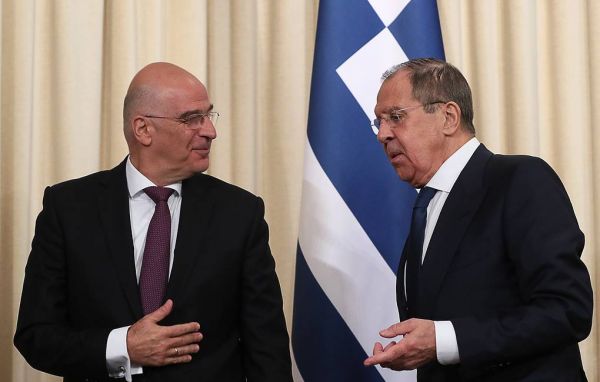





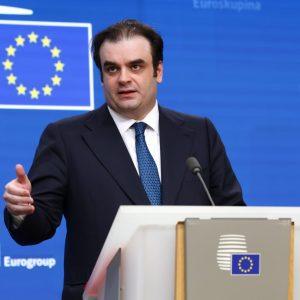
![Άκρως Ζωδιακό: Τα Do’s και Don’ts στα ζώδια σήμερα [Τρίτη 20.01.2026]](https://www.in.gr/wp-content/uploads/2026/01/danie-franco-wEuWV0Vz9uw-unsplash-315x220.jpg)



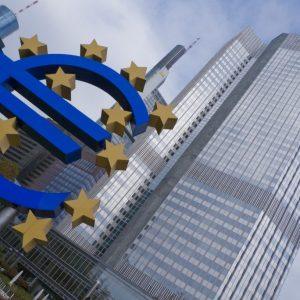







![Άκρως Ζωδιακό: Τα Do’s και Don’ts στα ζώδια σήμερα [Τρίτη 20.01.2026]](https://www.in.gr/wp-content/uploads/2026/01/danie-franco-wEuWV0Vz9uw-unsplash-128x85.jpg)
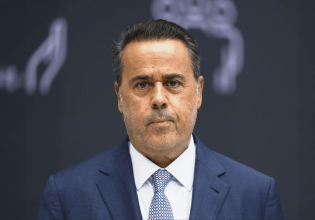

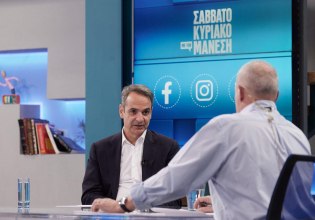




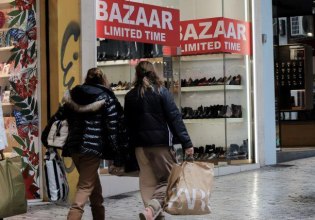



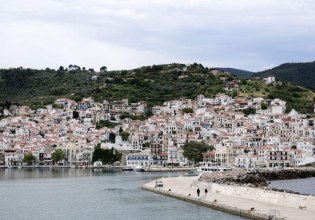
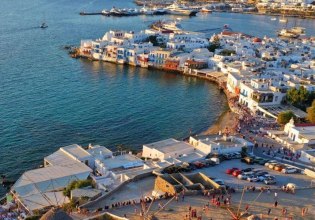
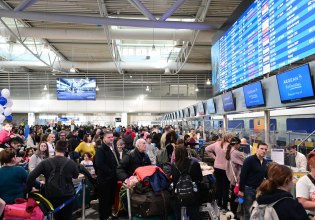
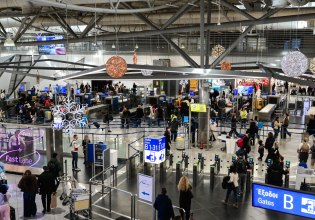

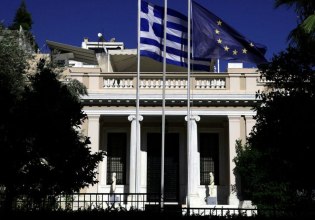
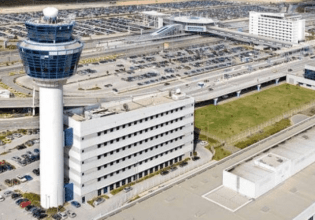
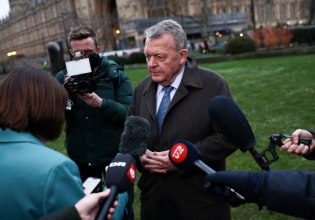







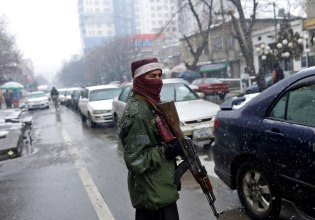


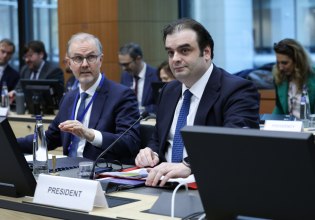
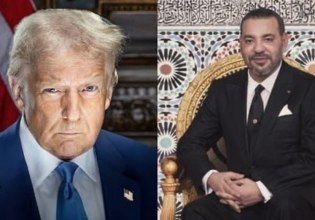




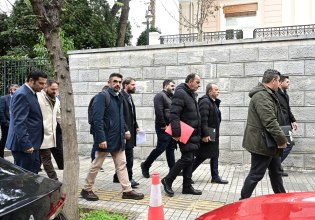





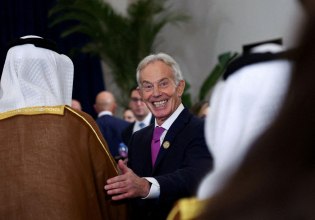



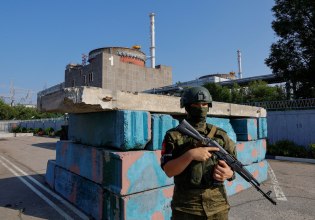






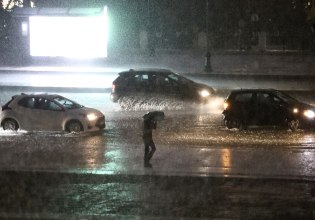
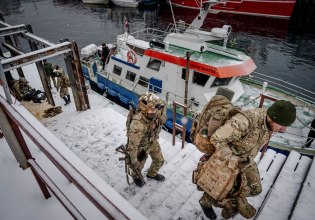

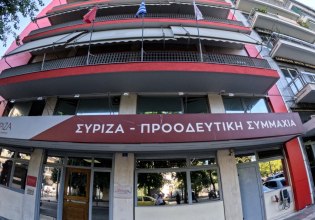

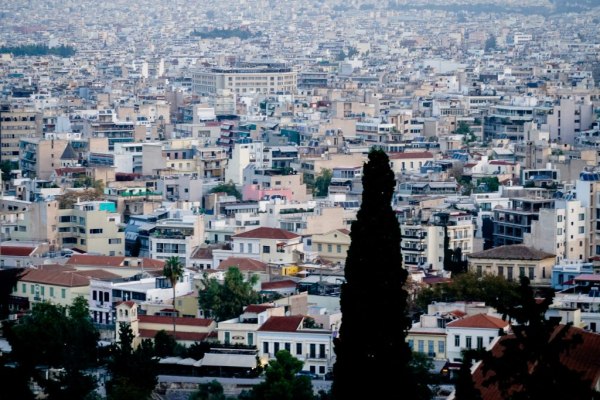
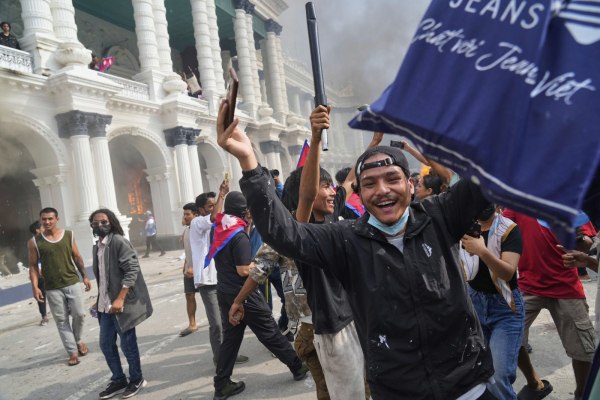
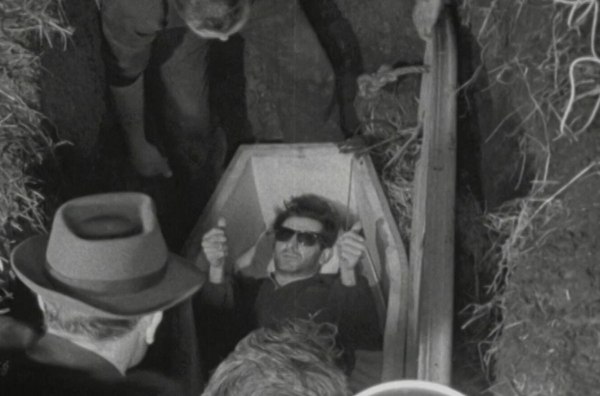

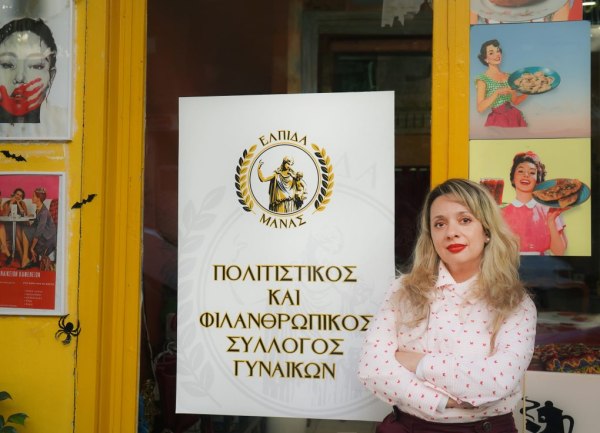


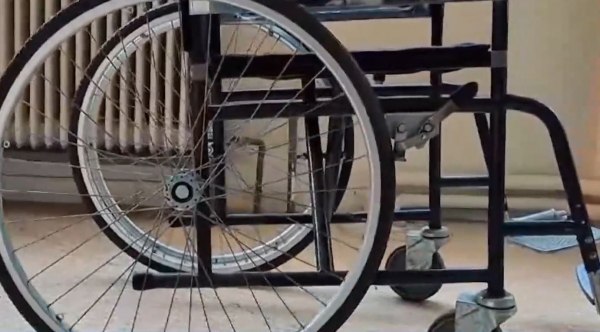
 Αριθμός Πιστοποίησης Μ.Η.Τ.232442
Αριθμός Πιστοποίησης Μ.Η.Τ.232442